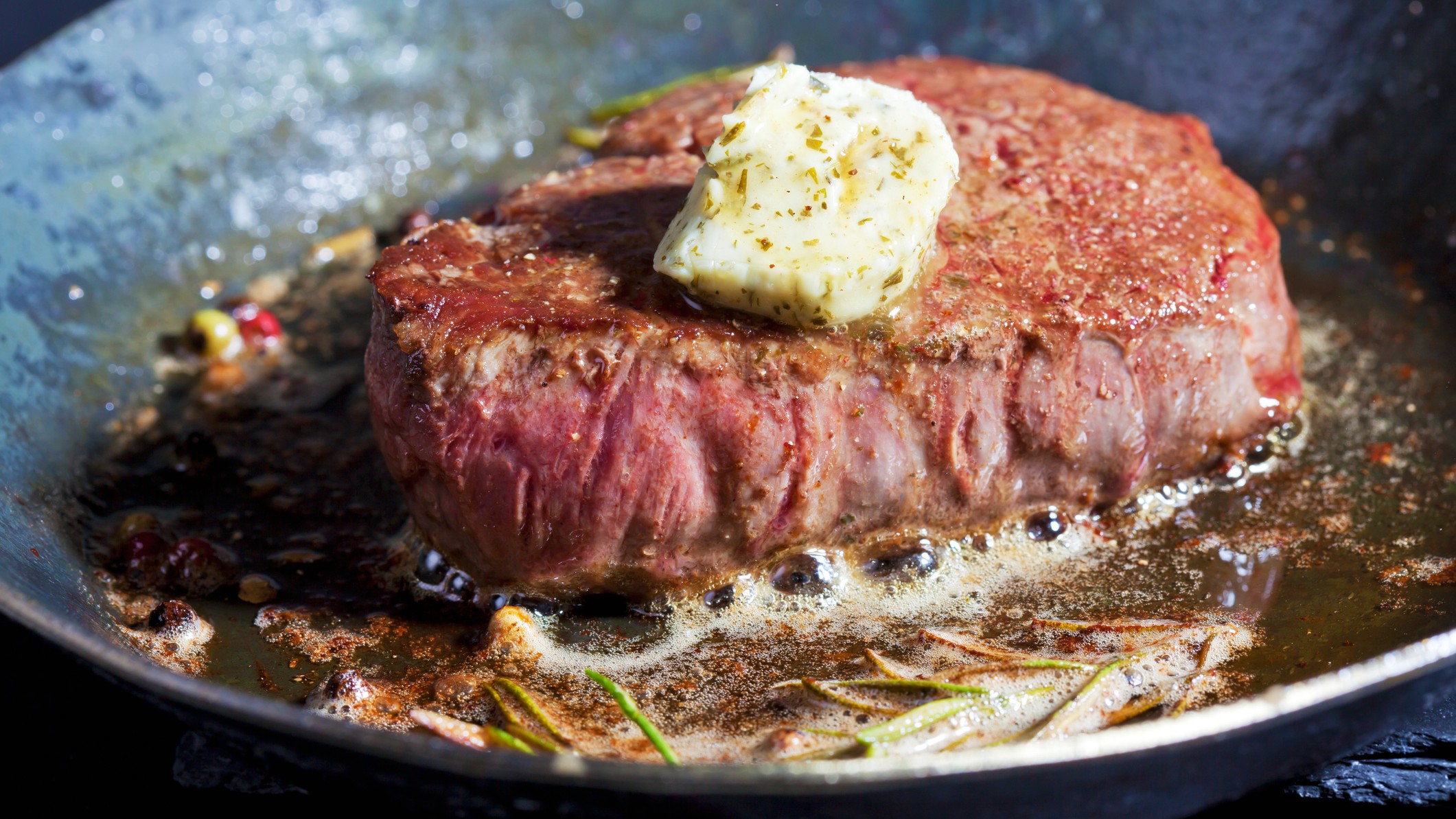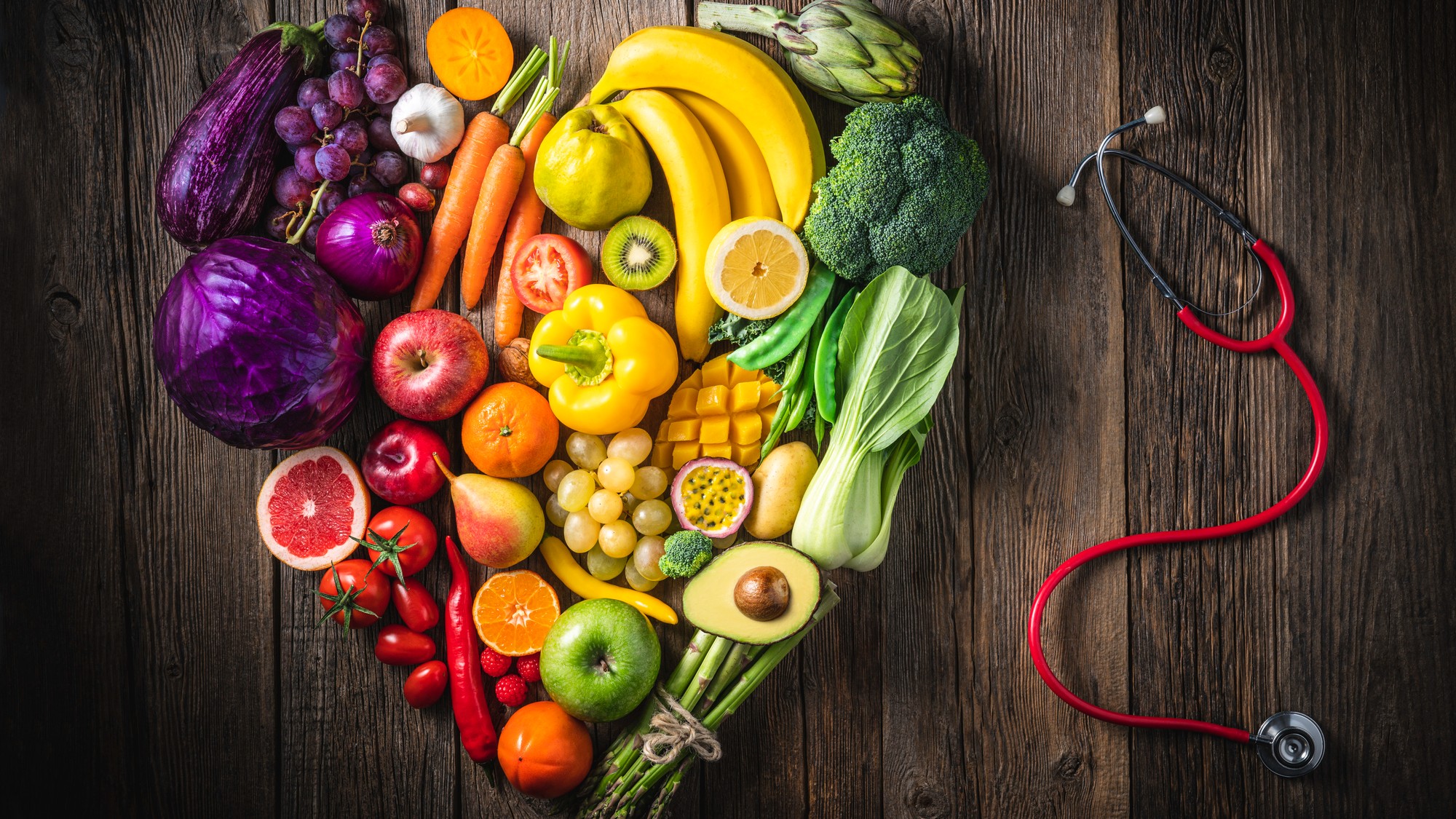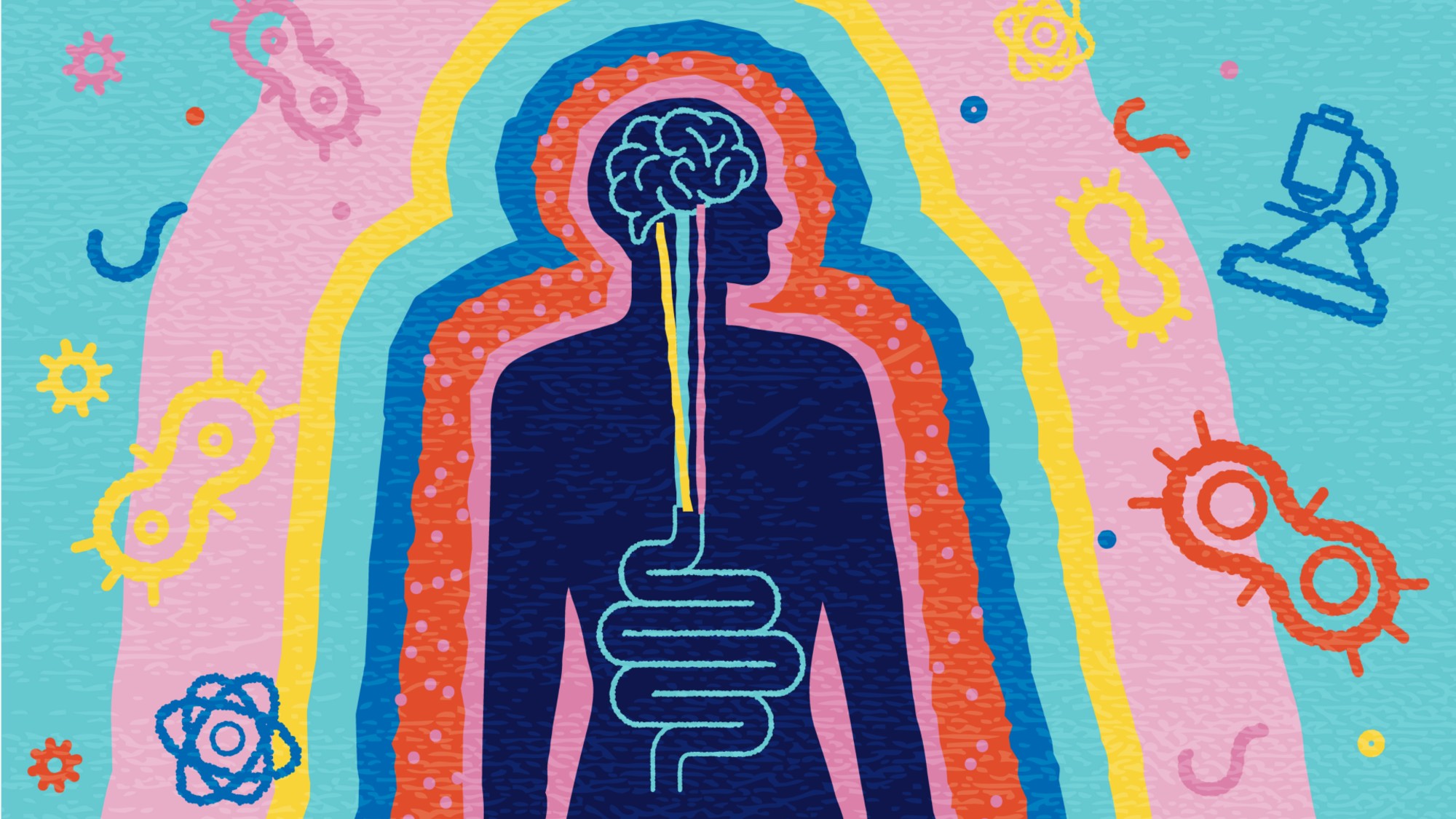Carnivore diet: why people are eating only meat
'Meatfluencers' are taking social media by storm but experts warn meat-only diets have health consequences

A free daily email with the biggest news stories of the day – and the best features from TheWeek.com
You are now subscribed
Your newsletter sign-up was successful
It's social media's latest beef – can you survive on the carnivore diet? And more importantly, should you?
"Meatfluencers" have taken to TikTok to share their love for the meat-only regime, in which they eat only animal products, including some dairy, while excluding fruit, vegetables, nuts and grains. True adherents drink nothing but water, too. It is an extreme form of the ketogenic (keto) diet, which forces the body to burn body fat for energy rather than carbohydrates.
For a long time, "meatfluencing" was seen as a men-only space, with the stereotypical image of a macho, meat-loving influencer dominating the narrative.
The Week
Escape your echo chamber. Get the facts behind the news, plus analysis from multiple perspectives.

Sign up for The Week's Free Newsletters
From our morning news briefing to a weekly Good News Newsletter, get the best of The Week delivered directly to your inbox.
From our morning news briefing to a weekly Good News Newsletter, get the best of The Week delivered directly to your inbox.
But there are more women singing its praises, said The Cut, claiming it can help gut issues, skin conditions and energy levels. "There are tons of women thriving on this lifestyle," Seattle meatfluencer Bella Ma told the site.
Is there really a health benefit?
British influencer Olivia Khwaja would agree. She went meat-only in 2022 to lose weight but said she had not only reached her target, she now had a "clearer mind, softer skin and no longer has skin tags", said The Independent. TikTok's @steakandbuttergal even claimed it helped cure her body odour, said the Irish Independent.
Meatfluencers' arguments in favour of the diet focus on a 2021 online study. "Contrary to expectations", it found several health benefits from eating only meat, "especially in participants with diabetes", Dr Bhavini Shah told Glamour. Experts have questioned the reliability of the study as it was based on self-reported responses, with no way to verify the accuracy of the statements.
Claims of the benefits of eating meat-only stretch back even further, to 1856. German writer Bernard Moncriff had spent a year living on beef and milk in the belief that humans could stomach only "a comparatively very small number of vegetables", said The Guardian.
A free daily email with the biggest news stories of the day – and the best features from TheWeek.com
What do doctors say?
Doctors and dieticians disagree and say the carnivore diet lacks essential nutrients and could be a form of disordered eating.
People report benefits for three reasons, PhD researcher Patrick Elliott told the Irish Independent. First, there are few counter-arguments from people who have had a bad time on the diet, while there is also a strong "anti-establishment narrative" against following recommended guidelines.
Finally, the person's diet may not have been good before they changed to meat-only and they now feel better, "particularly if they have gastrointestinal issues like IBS or IBD and they are reducing trigger foods, or if someone has given up junk food".
What should we be eating then?
Health risks associated with a meat-heavy diet include developing heart disease, hypertension, Type 2 diabetes and some cancers.
In addition, there are the more unpleasant daily side effects of cutting down on fibre, including constipation, headaches and bad breath.
Several influencers are starting to speak out about the health issues they suffered after changing their diet. Eve Catherine, from Dallas, developed kidney stones after she cut out non-animal products. "I literally woke up one day and I was peeing straight blood," she told the New York Post.
YouTuber Jake Moscato also bemoaned the lack of choice, especially when on holiday with friends. But the diet also had a physical impact, said the Daily Mail, and within a week of beginning it, he felt anxious and suffered from chest pains, "as well as a 'weirdness' in his stomach".
After slightly adapting his food choices, he lost weight and gained muscle, but his cholesterol levels increased along with his iron levels, which "went from 88 micrograms to a worrying 176ug".
If you are wanting to embrace a healthy diet, "mountains of research" point to one answer, a plant-based regime, "rich in fruits, vegetables, whole grains and legumes".
Elizabeth Carr-Ellis is a freelance journalist and was previously the UK website's Production Editor. She has also held senior roles at The Scotsman, Sunday Herald and Hello!. As well as her writing, she is the creator and co-founder of the Pausitivity #KnowYourMenopause campaign and has appeared on national and international media discussing women's healthcare.
-
 Political cartoons for February 15
Political cartoons for February 15Cartoons Sunday's political cartoons include political ventriloquism, Europe in the middle, and more
-
 The broken water companies failing England and Wales
The broken water companies failing England and WalesExplainer With rising bills, deteriorating river health and a lack of investment, regulators face an uphill battle to stabilise the industry
-
 A thrilling foodie city in northern Japan
A thrilling foodie city in northern JapanThe Week Recommends The food scene here is ‘unspoilt’ and ‘fun’
-
 The truth about vitamin supplements
The truth about vitamin supplementsThe Explainer UK industry worth £559 million but scientific evidence of health benefits is ‘complicated’
-
 The plant-based portfolio diet invests in your heart’s health
The plant-based portfolio diet invests in your heart’s healthThe Explainer Its guidelines are flexible and vegan-friendly
-
 The battle of the weight-loss drugs
The battle of the weight-loss drugsTalking Point Can Novo Nordisk and Eli Lilly regain their former stock market glory? A lot is riding on next year's pills
-
 Orthorexia nervosa: when clean eating goes too far
Orthorexia nervosa: when clean eating goes too farThe Explainer Being healthy is fine, but obsessing over it is dangerous
-
 A happy gut is a healthy gut. These 5 tips aim to help you achieve that goal.
A happy gut is a healthy gut. These 5 tips aim to help you achieve that goal.The Week Recommends A healthy gut is all the rage in wellness circles
-
 China's soaring dementia rates
China's soaring dementia ratesUnder The Radar Government launches action plan after cases in China increase 50% faster than global average
-
 Why are people microdosing Ozempic?
Why are people microdosing Ozempic?In The Spotlight Tiny doses of the weight-loss drug can sidestep its unpleasant side effects, say influencers. But is customising the dose a good idea?
-
 Mold, bugs at listeria-linked Boar's Head meat plant
Mold, bugs at listeria-linked Boar's Head meat plantSpeed Read Food safety inspectors reported many violations at a Virginia plant that has been linked to a nationwide deli meat recall